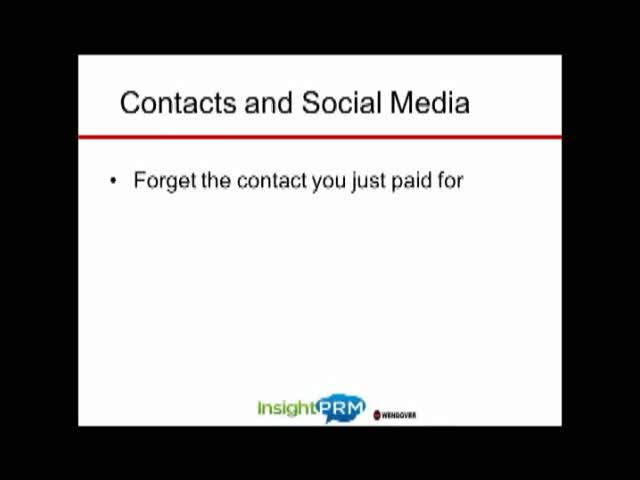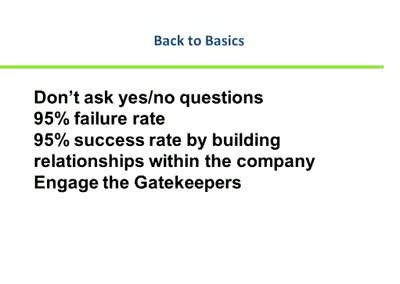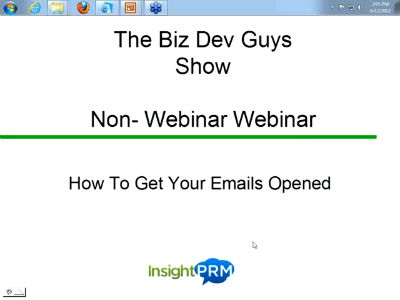Why You Should Know When Your Prospect’s Lease is Expiring
by Shannon F.

Literally all of our InsightPRM clients offer products and services that relocating companies need—like Commercial Real Estate, Telecom, IT Services, Moving Services, and much more. We stress to these clients that it’s not enough simply to target companies that are moving in the near future. Having only short-term prospects in your pipeline is the sales equivalent of going grocery shopping and just buying one box of frozen bagel pizzas. (We apologize in advance for this extended analogy.) Sure, you’ll eat for a day, but you won’t know where your next meal is coming from. Just like stocking up on staples to have on hand for future dinners, packing your pipeline with possible leads can keep you from going hungry during a period when you don’t have enough short term prospects.
That’s where Lease Expiration data comes in. Our clients can use the database to check out prospects whose leases will be ending within the next three years. Why is that useful? Because having a year or so to market yourself to potential customers is an awesome advantage. By the time the customer needs your product or service, you will have had the opportunity to enter at a consultant level instead of merely as a bidder. We tell salespeople to keep on top of long term leads even if they feel it’s too early to start making cold calls. Our most successful clients send mailers and free information to prospects as soon as the lease expiration date is in sight. Try to engage with these long-term prospects by connecting with them on LinkedIn, inviting them to your informational webinar, or giving them some other reason to remember who you are 12-18 months down the road when they start planning their office move.
Of course, lease expiration data is rarely useful when you get close to the tentative move date. If it’s fewer than six months before a lease expiration date, you can be fairly certain that you missed the opportunity to get in early as a consultant. We recommend that clients regularly put aside some time to reach out to prospects that may not be moving for a year or two. As you build a relationship with them, you can get in on the ground floor of the eventual move. Just like you’re relieved to have a well-stocked freezer (or a restaurant reservation) at the end of a hard day’s work, you’ll be glad you invested some time into nurturing long-term prospects.









